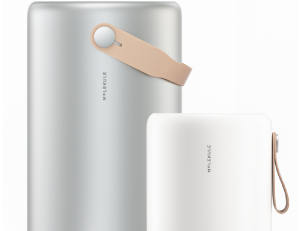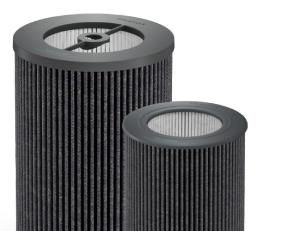The tax-exempt dollars that go into a Flexible Spending Account, or FSA, can be used to buy FSA eligible air purifiers and the filters they need, as long as a doctor writes a letter of medical necessity.
Air purifiers can help to reduce the burden of irritants, allergens, and infectious microbes on our lungs. For those of us with respiratory medical issues, breathing purified air can give our lungs, throat, and other body parts a chance to recover from injury or reduce inflammation.
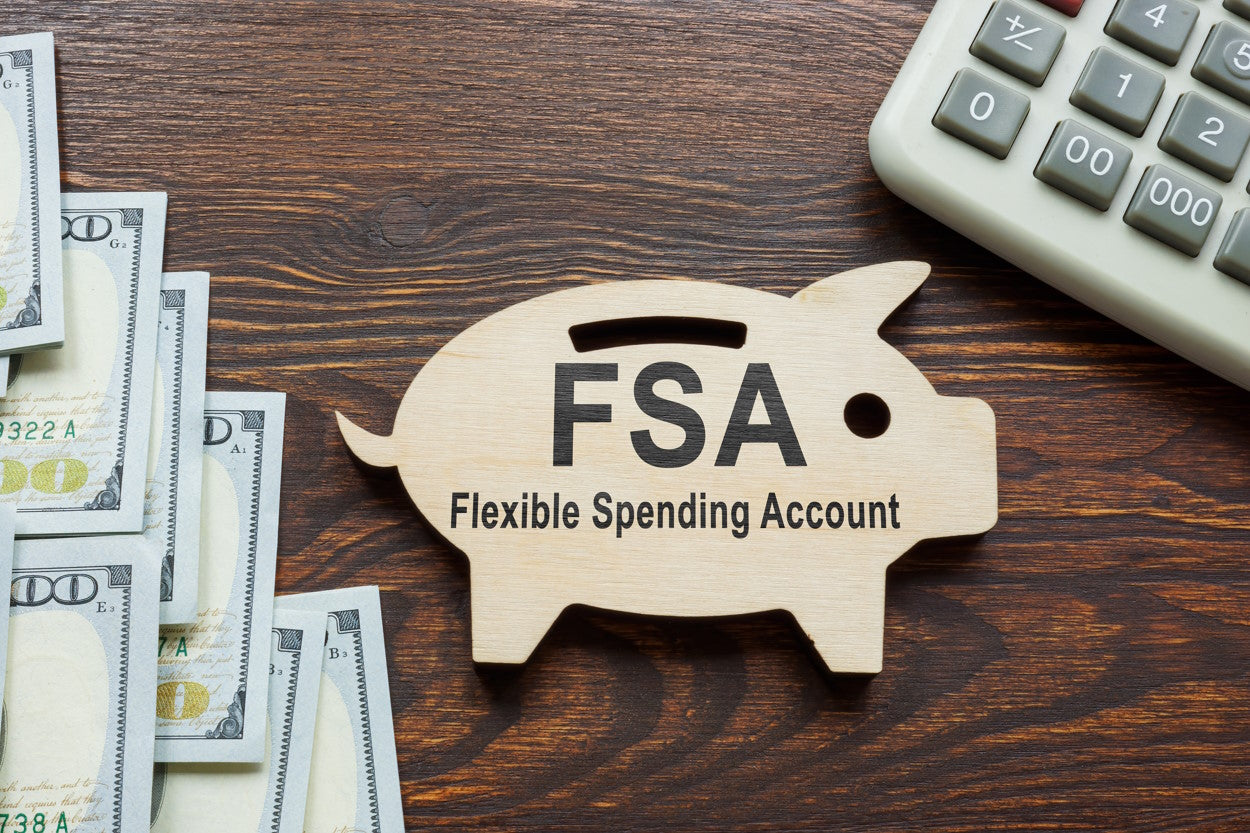
Are air purifiers FSA eligible?
The IRS and your employer decides what can be paid for with FSA dollars, and air purifiers can be reimbursed from your FSA account when accompanied by a letter of medical necessity (LMN) from your doctor. In general, an FSA approved air purifier will be one that your doctor agrees will help with a medical condition made worse by bad air quality or improved by good air quality.
There are no specific guidelines from the IRS on the performance of an air purifier for it to be a FSA approved air purifier, so be sure it does the three most important things an air purifier can do- remove particles, toxic gasses, and pathogens. Any FSA air purifier you buy will ideally have a HEPA filter to capture particles (or other filter that captures more than 99.9% of particles) in addition to a method to remove or destroy gaseous chemicals. Activated carbon or charcoal is the most common additional filter for gasses, and technologies like Molekule’s PECO can also add a layer of protection against airborne chemical contaminants. Pathogens travel around in particles and are captured in the same way, but technologies like Molekule’s PECO or UV-C sterilization provide an additional active disease-killing step on top of capturing these particles.
What is not an FSA air eligible air purifier is a device that is used solely for non-medical personal or family reasons and would have been purchased anyway.
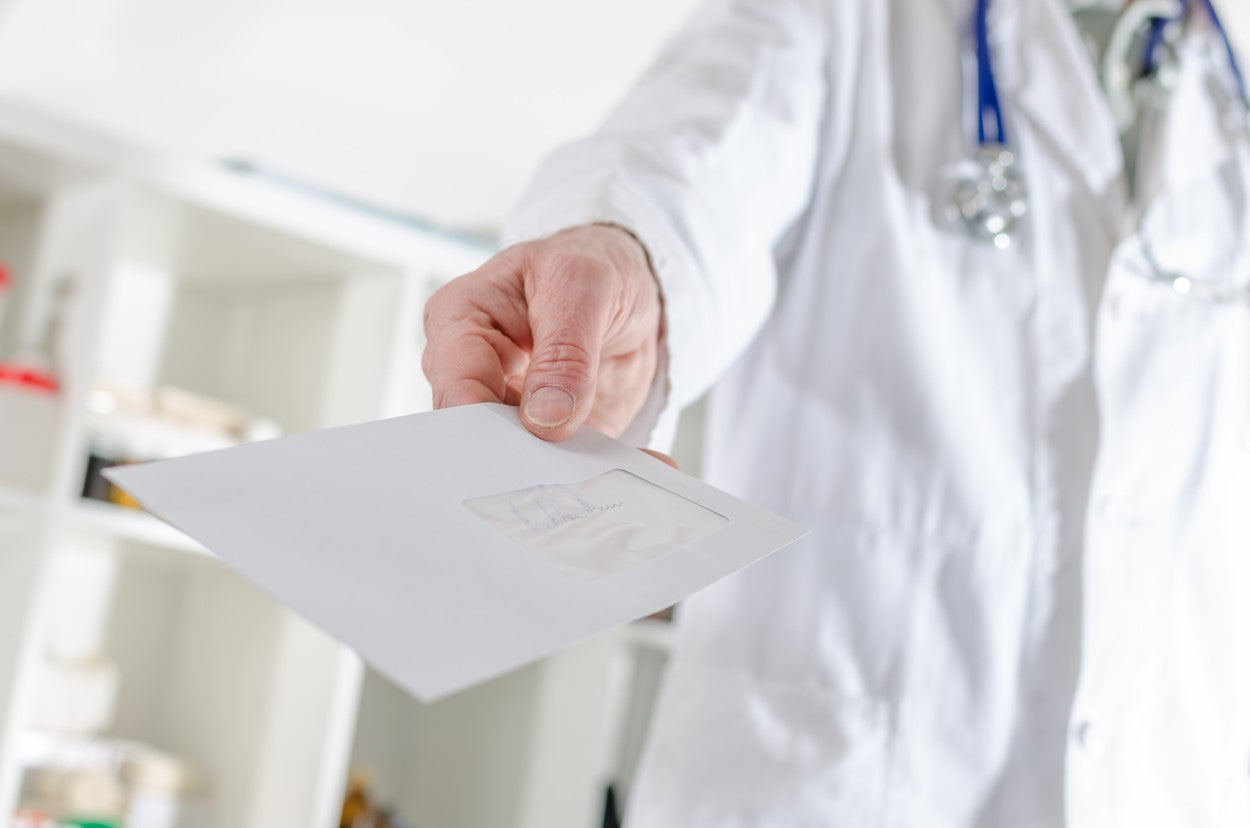
What is a letter of medical necessity (LMN)?
A letter of medical necessity is a lot like a prescription from your doctor that describes a service or item you buy that helps to treat, diagnose, or prevent a disease. The IRS maintains a long list of items and services that are FSA eligible on their website here, like meals during a hospital stay or caring for a service animal. They also note what expenses are not FSA eligible, which are typically services or items that would be used anyway, like gym fees or nutritional supplements.
Why use a Flexible Spending Account?
FSAs are great because the money that goes into them is not taxed and does not have tax deducted beforehand. Essentially you make more money for the same amount of effort by putting money into an FSA. For example, if you earn $50 an hour during a 40-hour week, your paycheck isn’t $2000 but usually closer to $1600 or even less depending on your tax options, so it spends more like $40 an hour. Money that goes into an FSA is not taxed, which means $50 is $50 an hour. The amount going into your FSA is set at the beginning of the year and cannot be changed outside of a qualifying event, which is typically a large lifestyle change like marriage, divorce, or the birth of a child.
An FSA is similar to any other savings account, and many plans will provide a card that can be used to pay for purchases at appropriate places like a doctor’s office or pharmacy. If you don’t have a card or if you need to pay for a medical expense and card payment isn’t available, FSA expenses can be claimed just like other insurance claims via your insurance provider’s web portal or other contact method.
Keep in mind that the IRS caps FSA contributions at a fairly low limit. In 2023, no more than $3,050 can be contributed tax-exempt. You are free to add more money to the account if it’s convenient for you to use it to categorize medical expenses, but it will be taxed at the same rate as normal income. FSAs must be used in total every year, money in an FSA that is not spent by the end of December is gone.
We are all aware that $3,050 isn’t quite enough to cover surgeries, rehab, or large expenses. FSAs are best for the smaller one-off payments like deductibles, co-pays and eligible medical equipment.
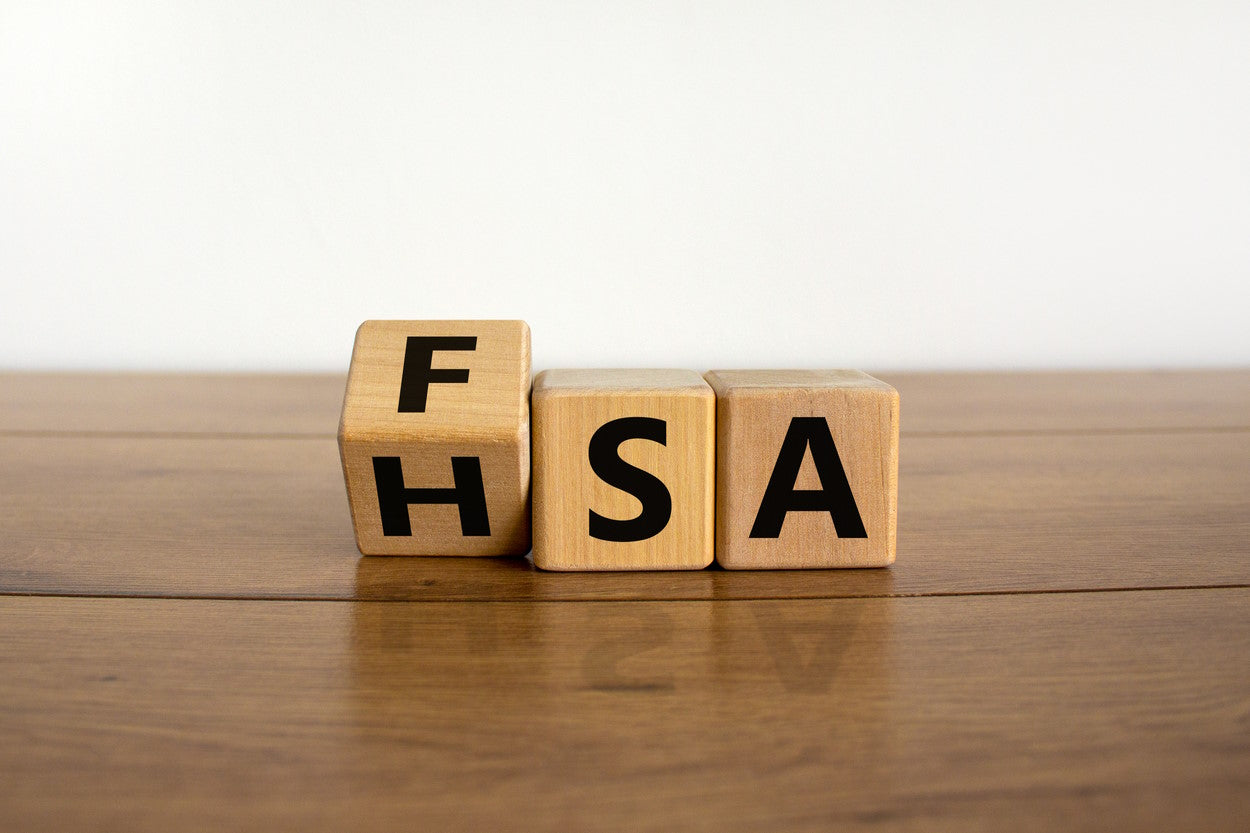
Are air purifiers HSA or HRA eligible?
In addition to an FSA, many of us have the option of a health savings account (HSA) or a health reimbursement account (HRA). Each account is a little different in how the money gets into it.
- FSAs are offered by your employer and funded by you and possibly your employer, depending on how they set up your insurance plan. They are owned by your employer and all money must be spent by the end of the year on items or services approved by the IRS.
- HSAs are different in that anyone can get one if they have a qualifying high-deductible insurance plan, which in 2022 is a plan with a $1,400 or more deductible for an individual or $2,800 for a family. Some employers offer them and may contribute to them, but many banks offer them as well. HSAs are yours, and the money stays there until you spend it on an eligible item or service that is approved by the IRS. If spent on something else, normal taxes will apply in the year it is withdrawn.
- HRAs can only be funded by employers, not you. They may or may not roll over from year to year, depending on how the employer prefers. Eligible items and services are approved by the employer, not the IRS.
The same IRS rules apply to reimbursement for an air purifier or air filters from an HSA or FSA, but HRAs are set by the employer so you will have to ask if they are reimbursable from your HRA.
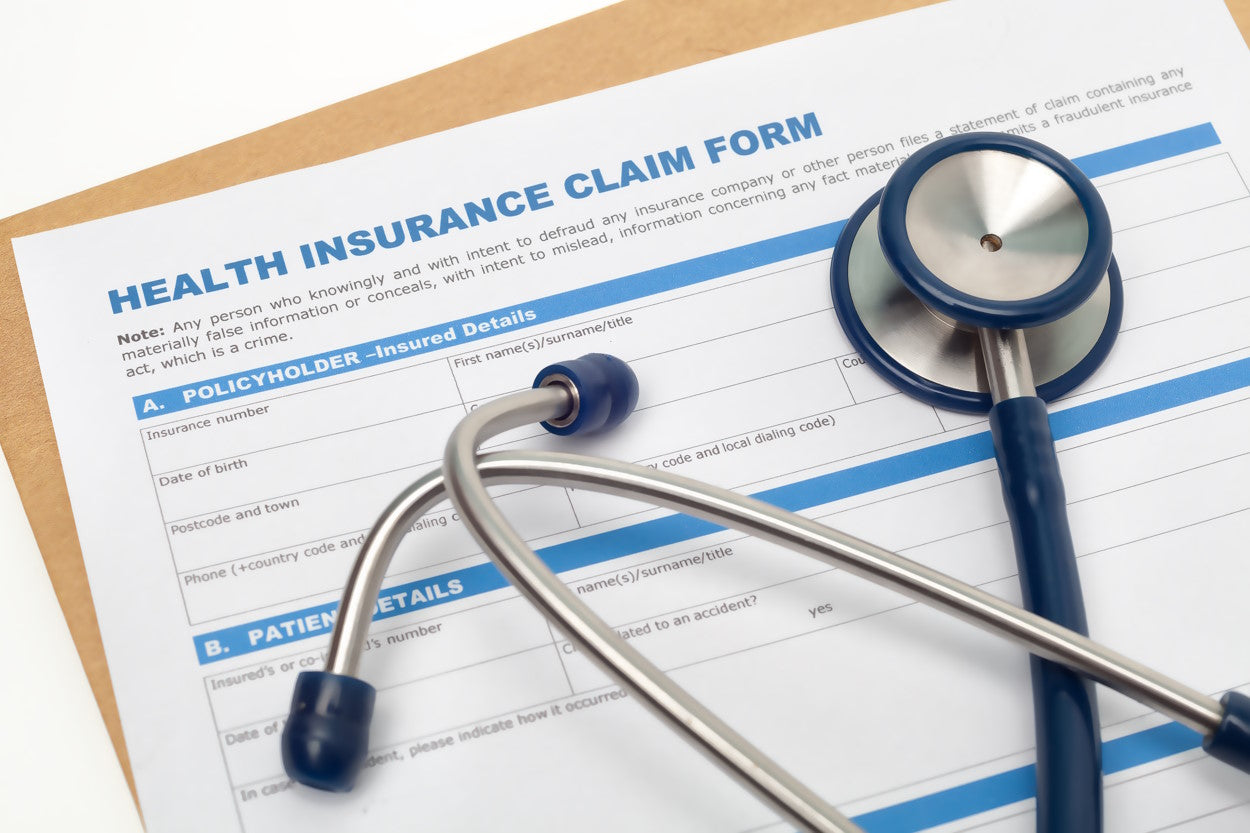
How do I pay for an FSA or HSA eligible Air Purifier?
Patients with respiratory diseases that could be helped by improving their air quality can talk to their doctor to get their letter of medical necessity or LMN.
-
- Make an appointment with the doctor that treats your respiratory disease.
- Talk with them about improving air quality and how it could help your condition, and if you think air cleaned by Molekule’s pollutant-destroying PECO technology is best for you.
-
They will give you the LMN and possibly a prescription for the air purifier as well. The LMN must include at a minimum:
- The patient’s name
- The specific diagnosis or treatment
- The duration of the treatment, not to exceed one year.
- The physician’s signature
- Buy the air purifier using your own finances and keep the receipt.
- Claim the air purifier as an FSA expense through your online insurance portal. You will need the receipt and the LMN.
- If you have any questions about any stop of the process, your HR department can guide you through.
Keep in mind:
- It will not be possible to pay for an air purifier directly with an FSA card.
- You must have enough money in your FSA account to cover the cost of the air purifier.
- You may need to submit the claim more than once to get covered. Ask your HR department ahead of time to be sure you’re claiming it using the correct process.
How do I pay for FSA air filters?
One hitch in this plan is that the IRS only honors LMNs for one year past the date they are written. Because fresh air filters are periodically required for any air purifier to run effectively, you will need to get a new LMN each year to send to the IRS in order to use FSA or HSA dollars to buy replacement filters.
